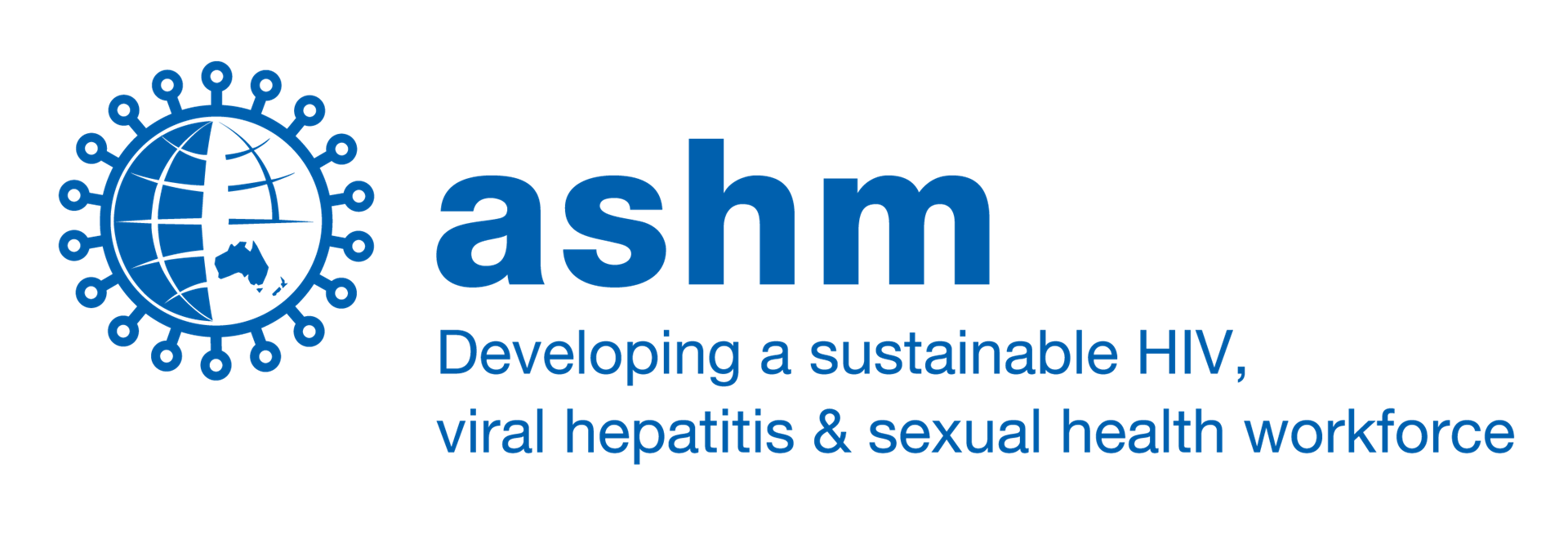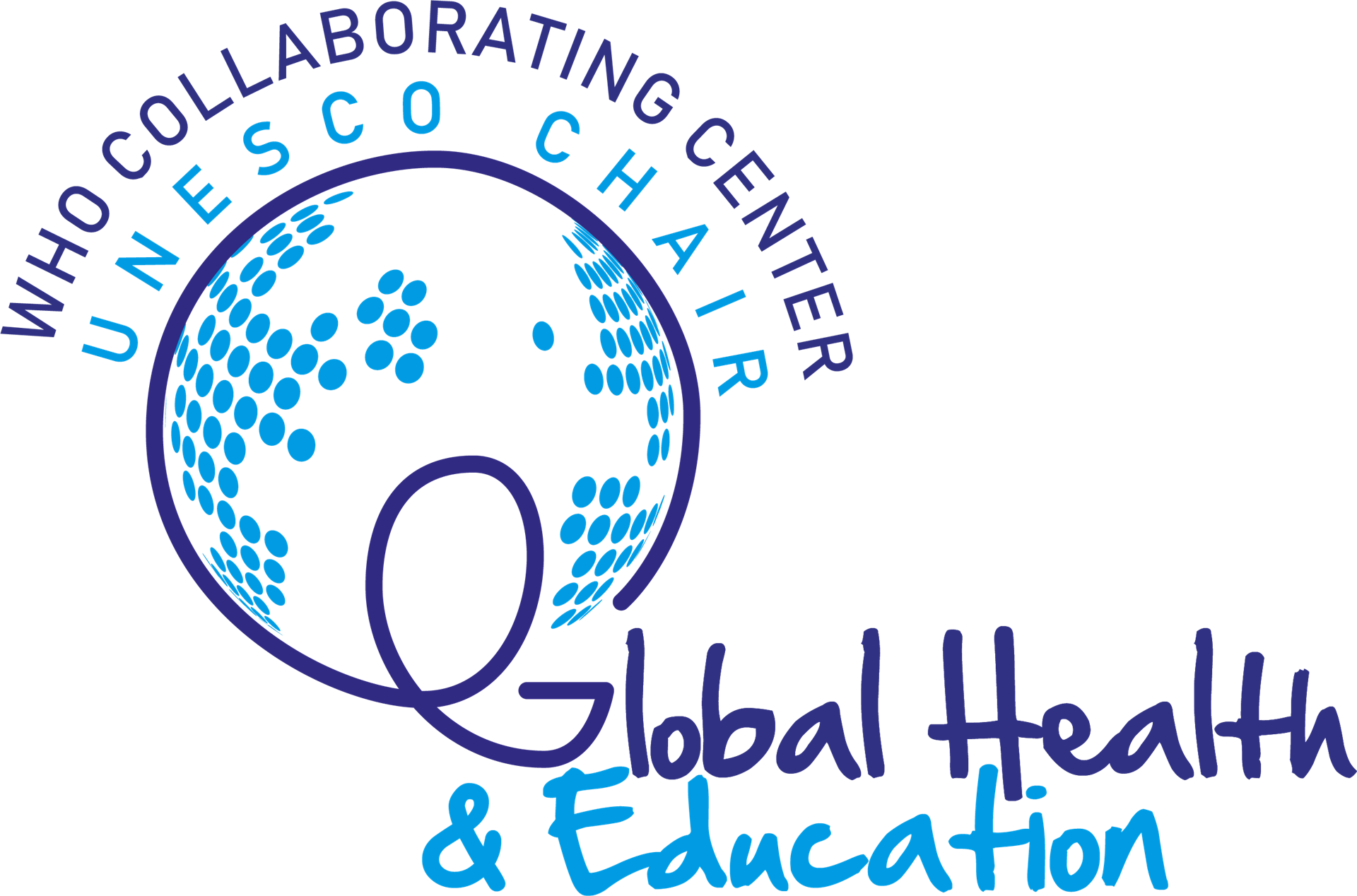Join the Society of Australian Sexologists for an innovative professional development opportunity, bringing awareness to how military service can impact sexual relations and interpersonal relationships.
This professional development consists of two parts;
Part I
View the documentary "Love After War: Saving Love, Saving Lives" in your own time from ANZAC day to 4th May. Details on how you can access the film will be provided when you register.
Part II
Join us live for a panel discussion on 4th May (7.30pm aest) with the director and sexologist Dr Mitchell Tepper, former defence serviceman Jason Pawley, and Principal Rehabilitation Consultant Danielle Murphy as they discuss the challenges and opportunities addressed in the documentary.
This event is for therapists, educators, students, and anyone with an interest in improving care for people with disabilities.
By the end of this two part session, participants will be able to identify:
- Factors that contribute to the couples’ sexual resilience
- Possible intersections between diagnosis of traumatic brain injury and PTSD
- Ways these individuals regain sexual intimacy
- Ways clinicians can support individuals with combat injuries, on their journey towards sexual resilience
- How current medical care can harm or negatively impact these issues
- Unique aspects to military cultures and how these can be considered in therapy
- How military service affects the dependent or caregiver in relation to intimacy, and;
- How discharge from the military may affect the client and its impact on identity and intimacy
----
About the documentary:
Love After War: Saving Love, Saving Lives offers realistic hope for active-duty service members and veterans who have returned home with physical and/or psychological health challenges that are creating difficulties in their intimate lives
Love After War provides insights on restoring emotional closeness and physical intimacy after serious combat-related injuries. These insights are drawn from the stories and collective wisdom of Wounded Warriors and their partners who are surviving and thriving in their relationships despite injuries like burns, amputations, genital injuries, traumatic brain injuries, PTSD, and spinal cord injuries. Qualified sexual health, mental health, physical health, and spiritual health educators, counsellors, and therapists also offer expert advice.
About the Speakers:




